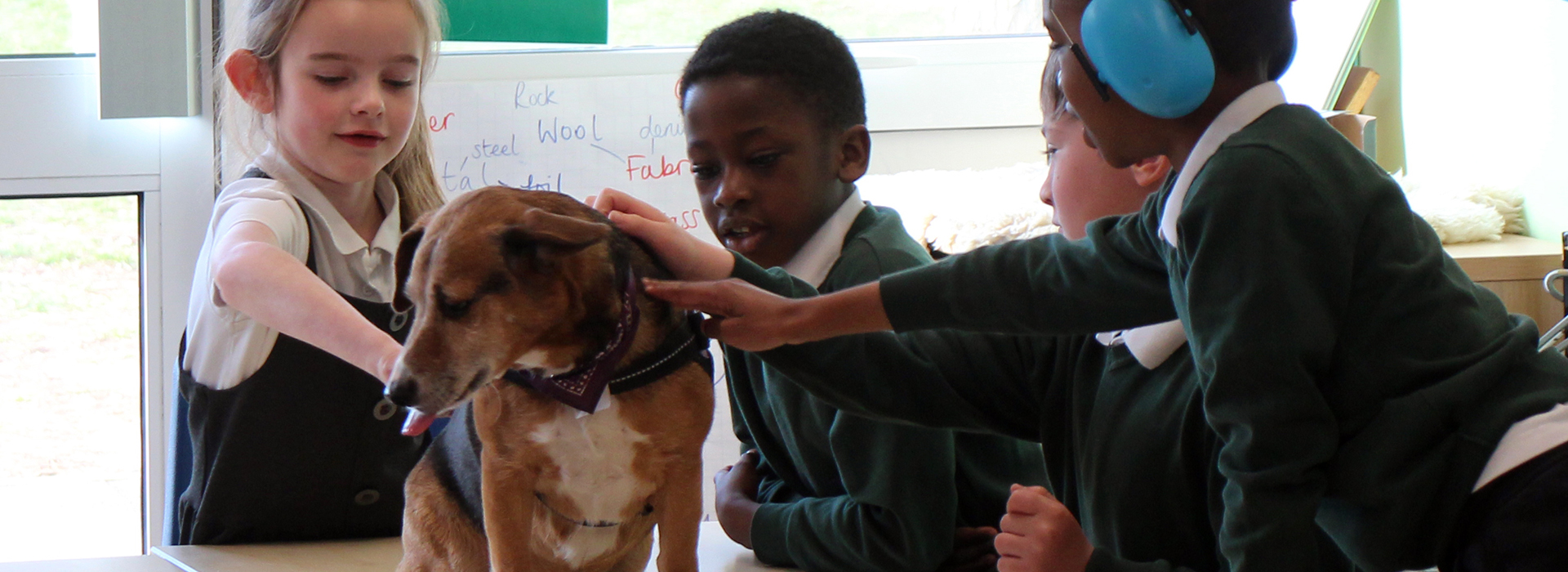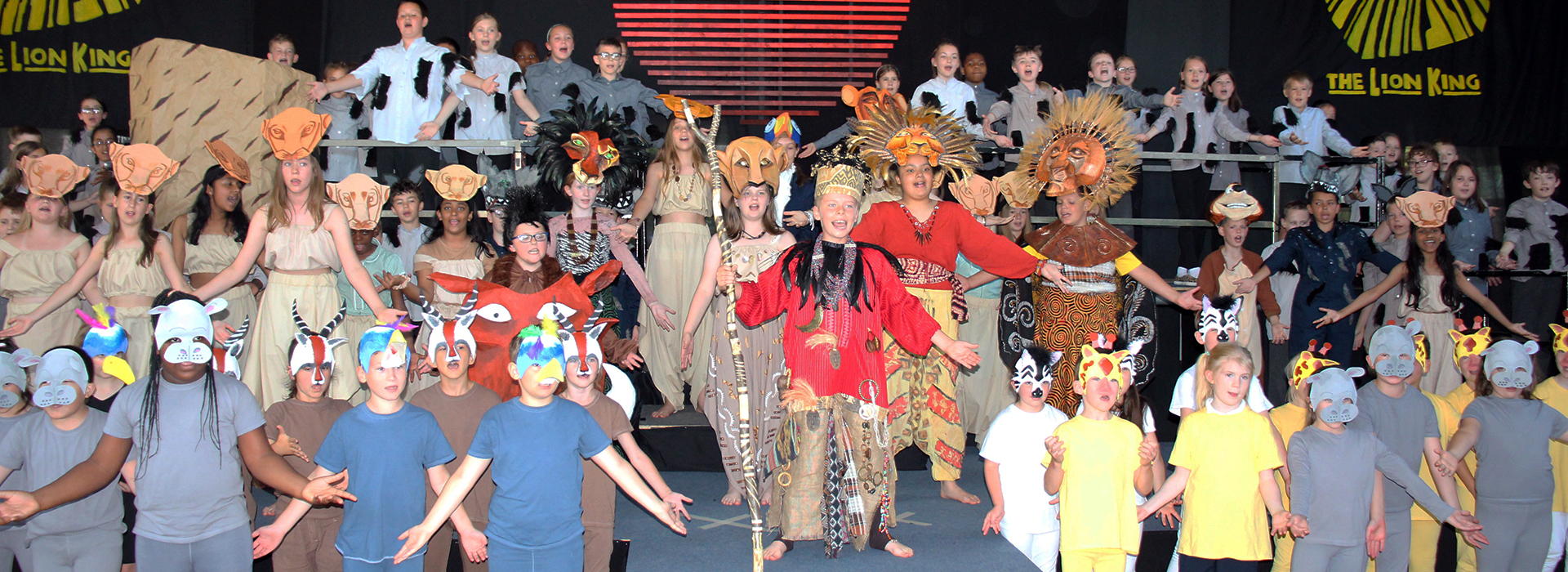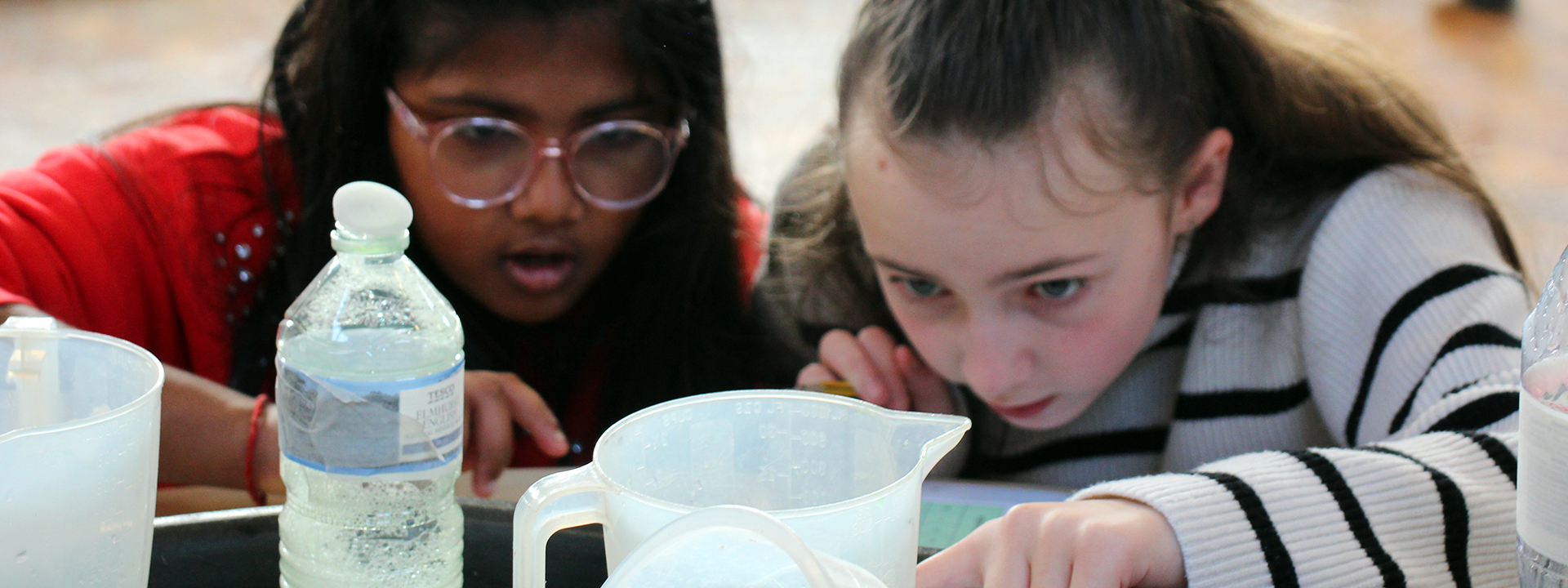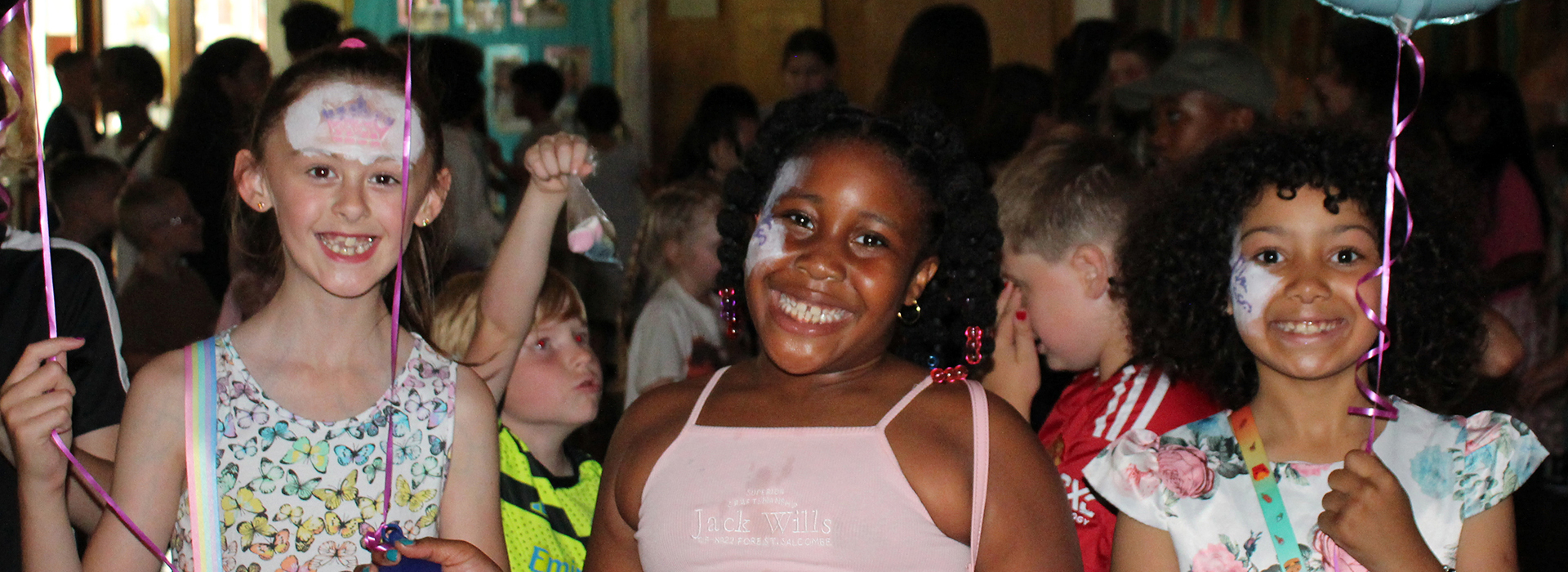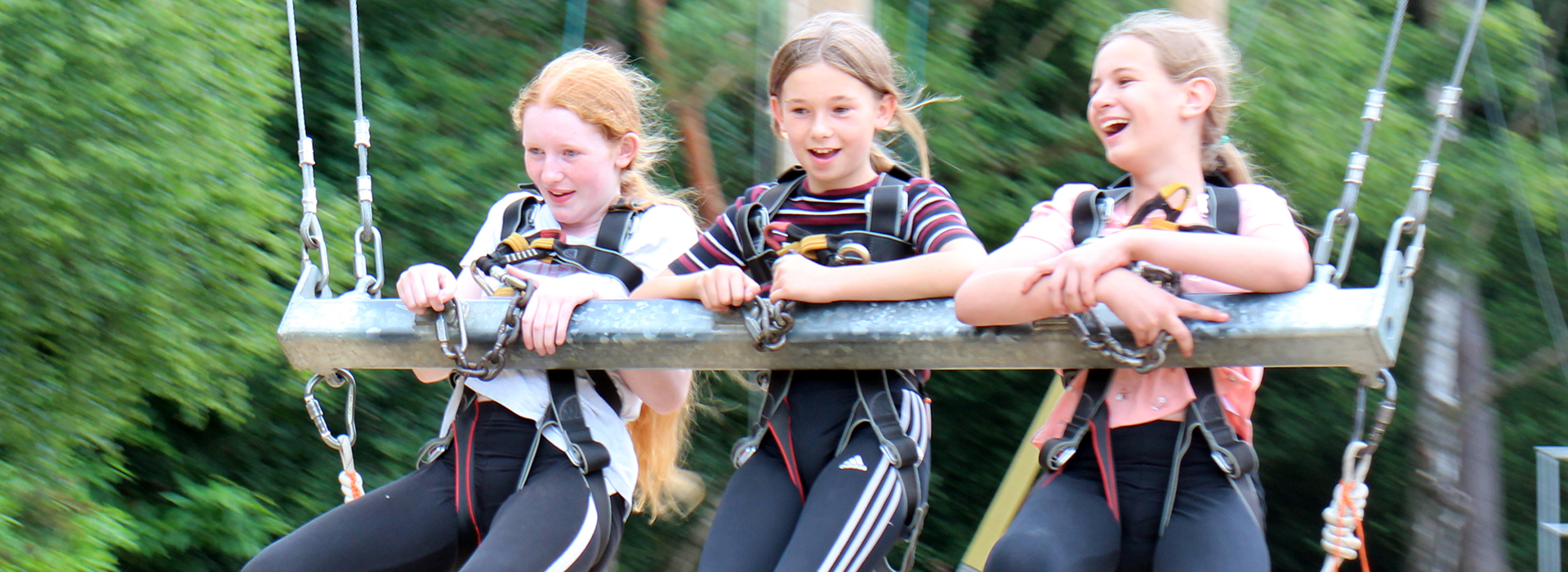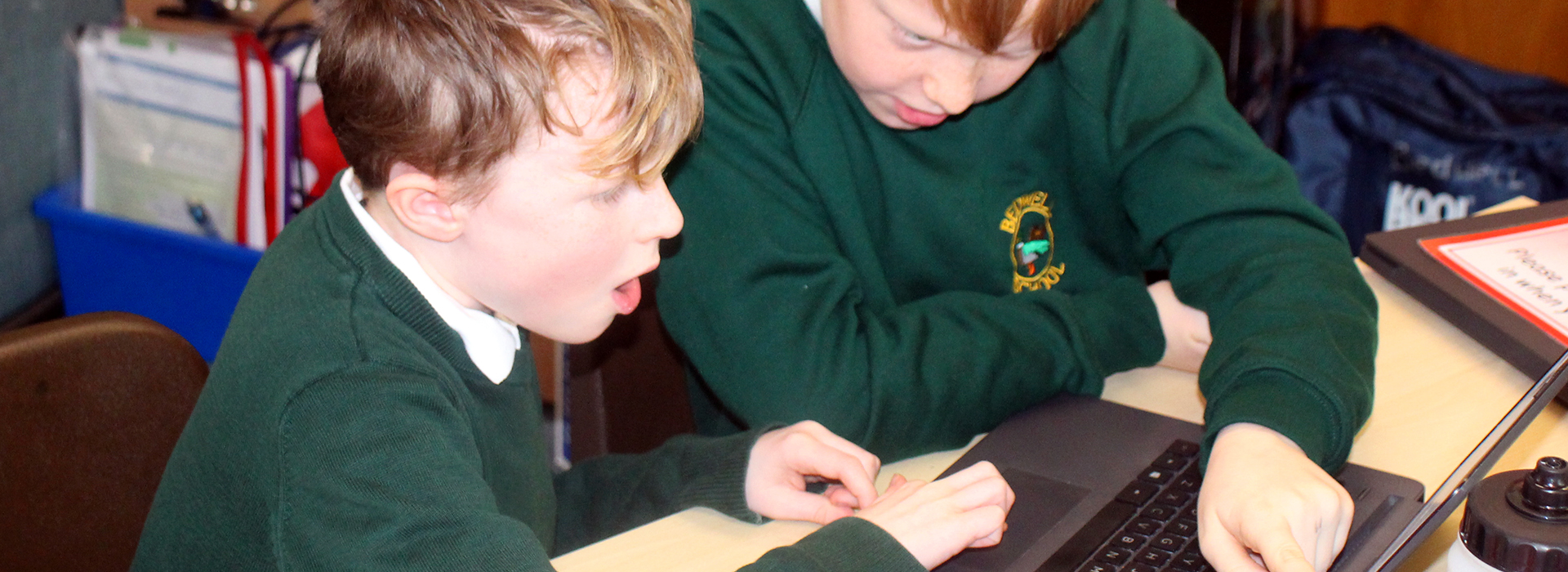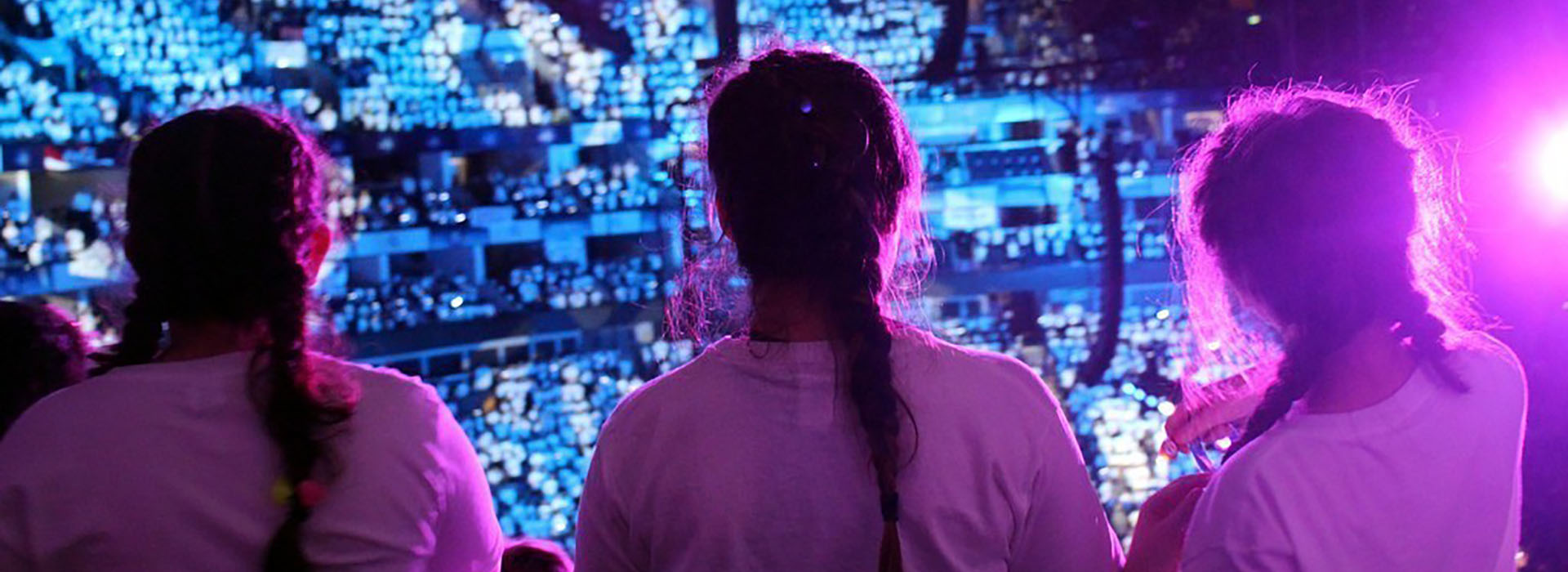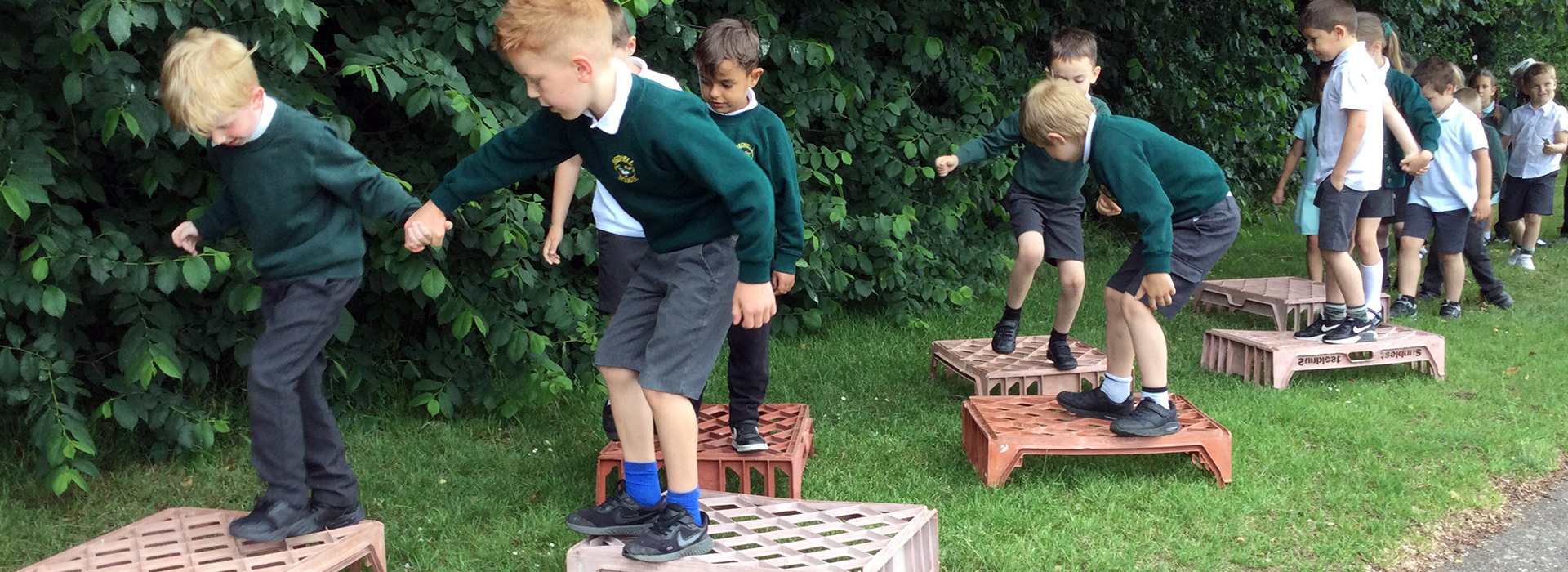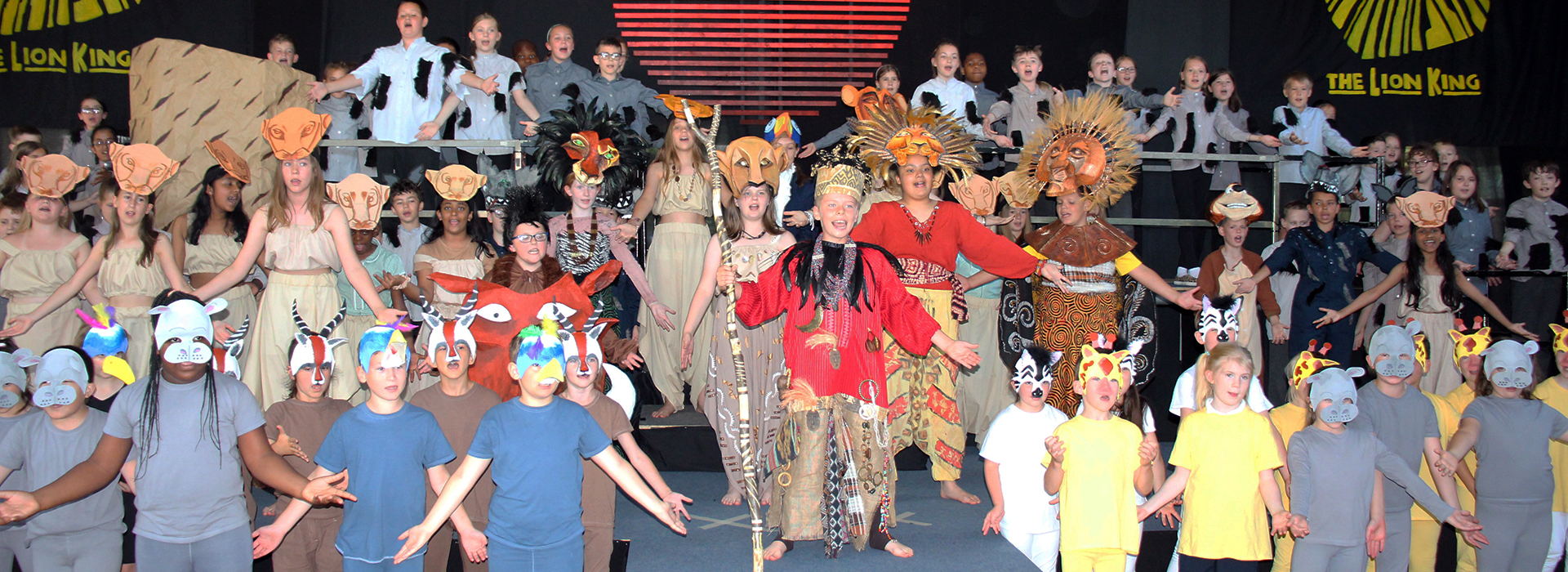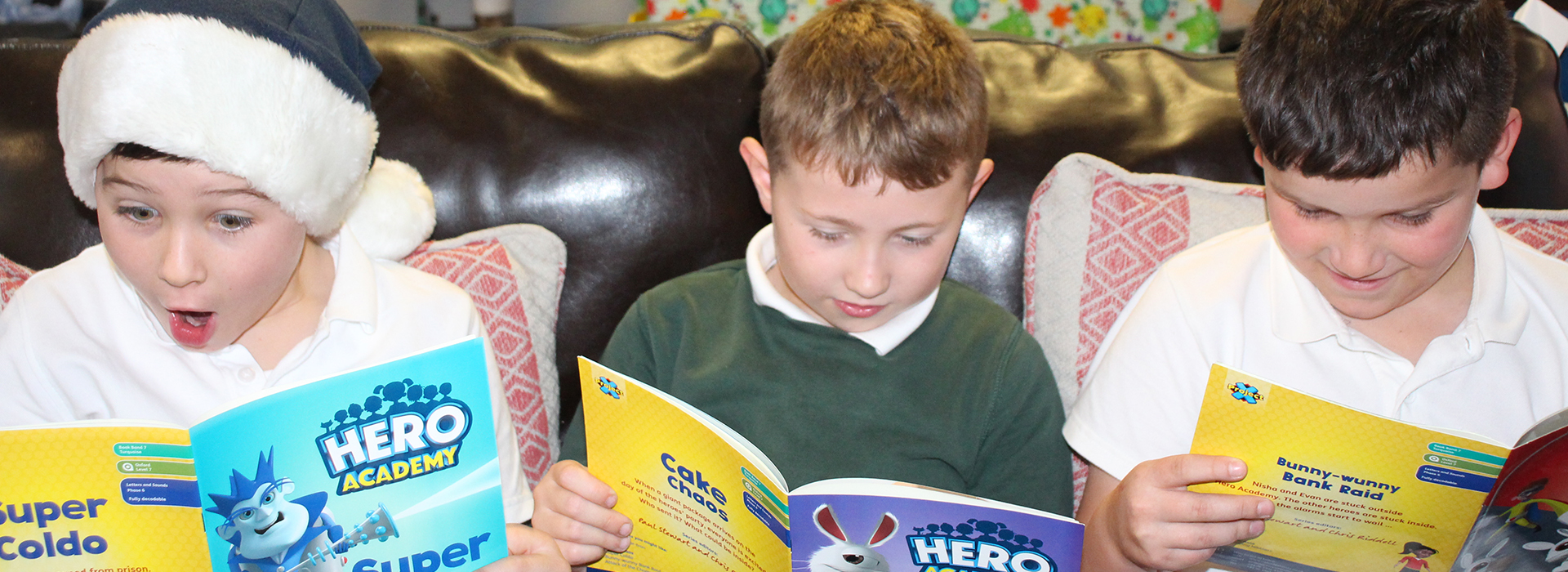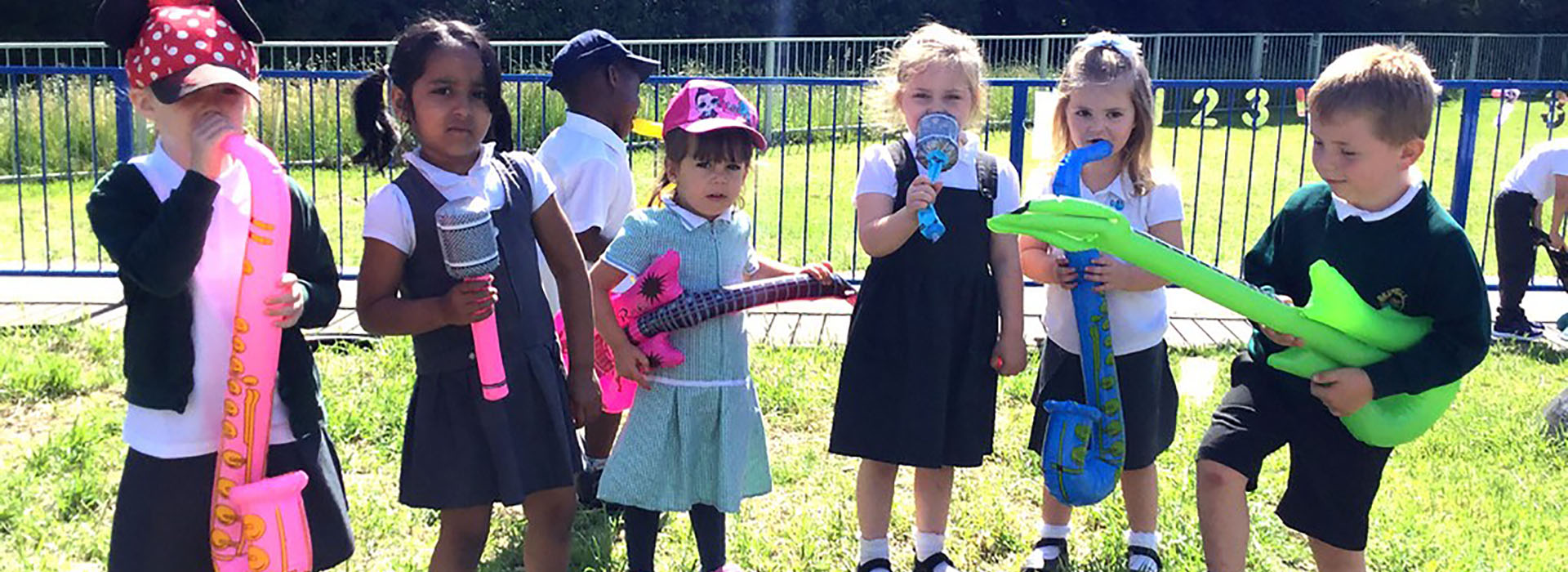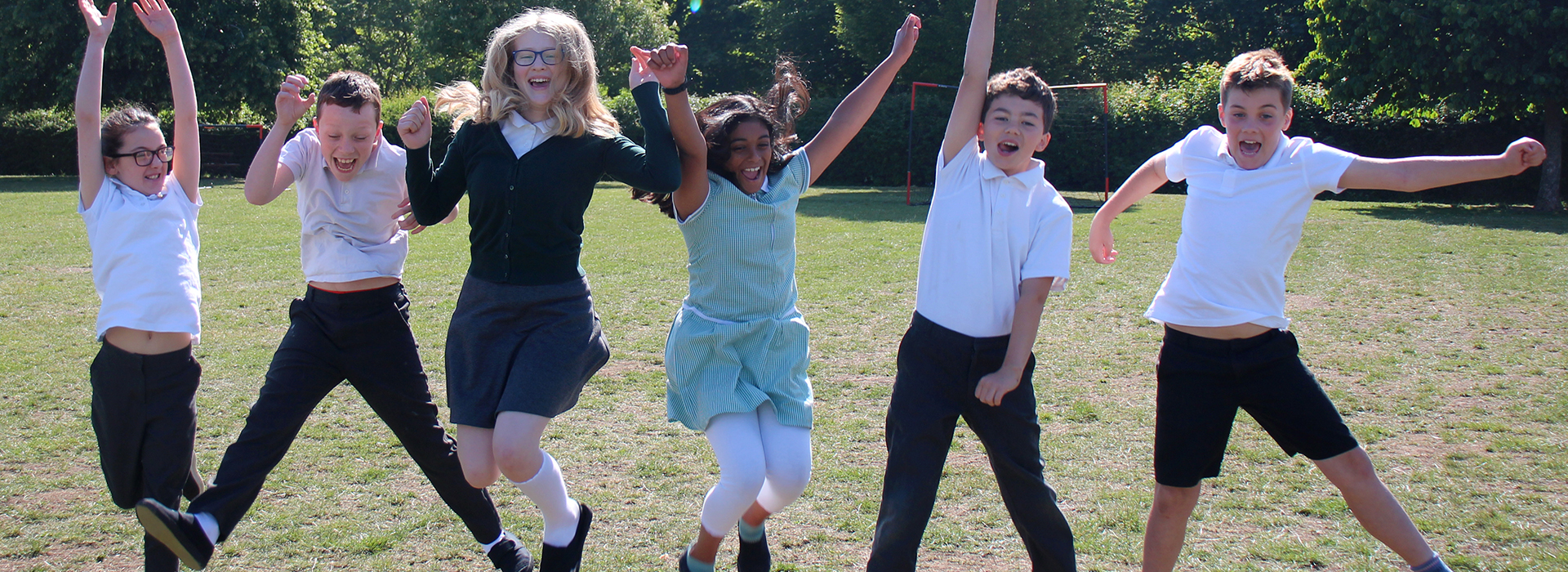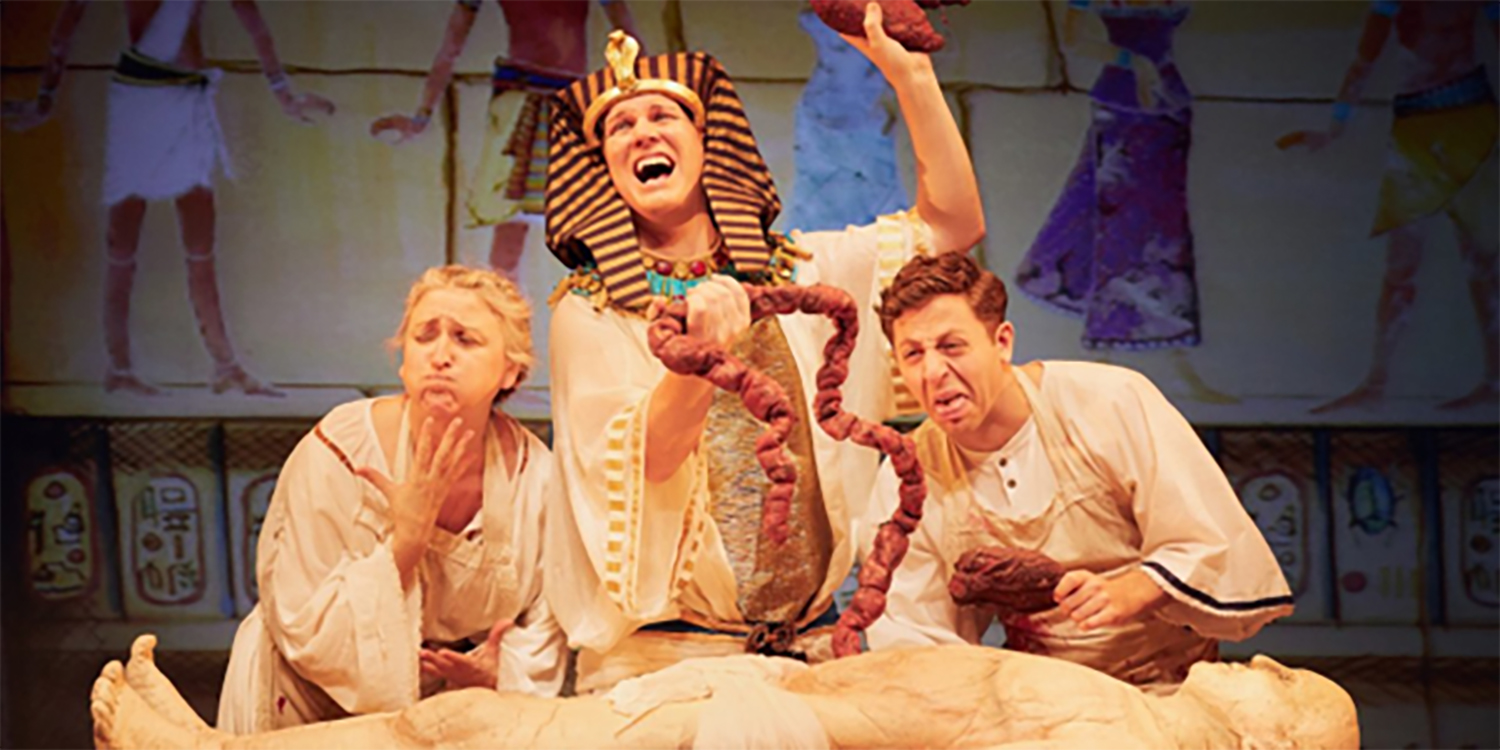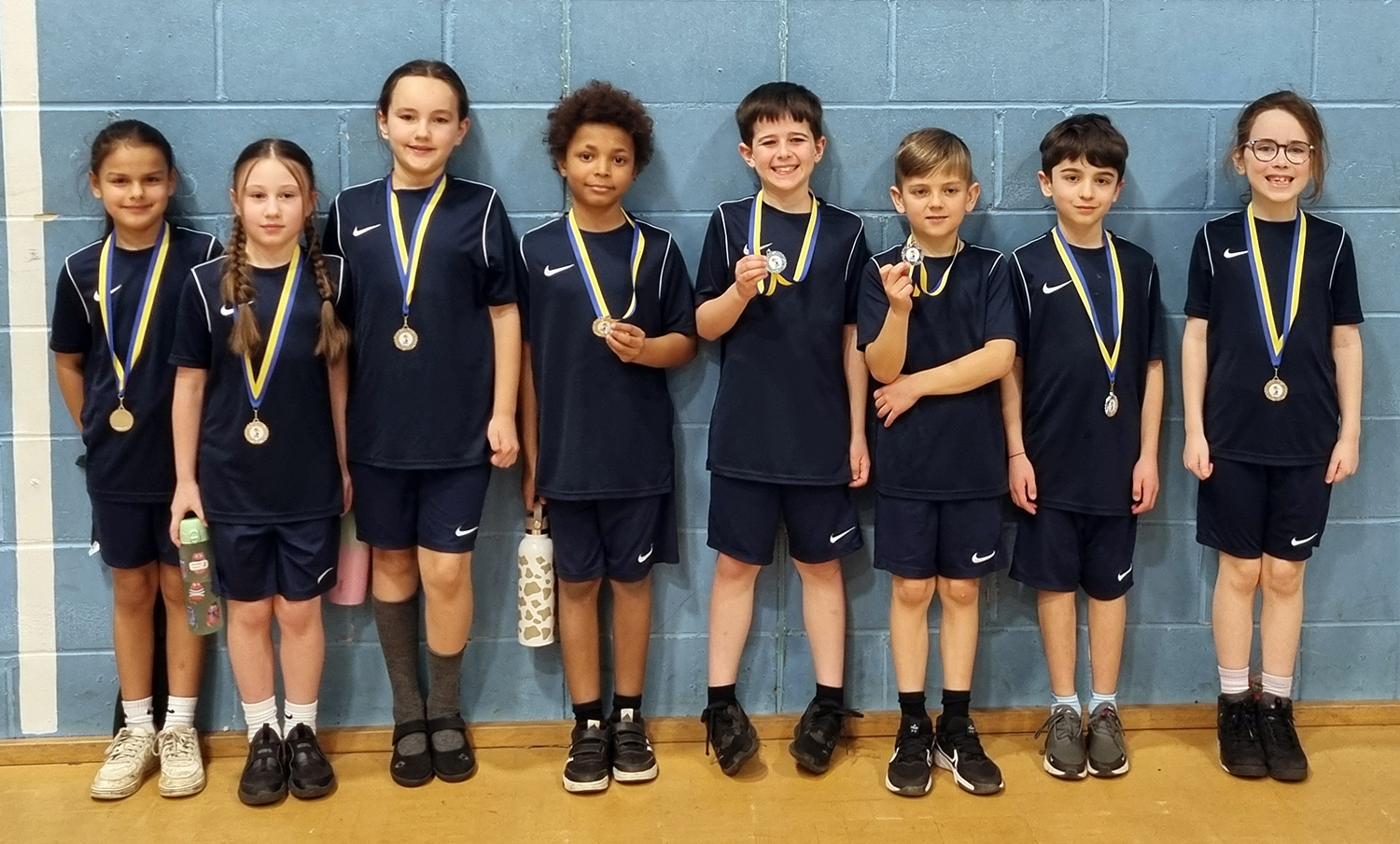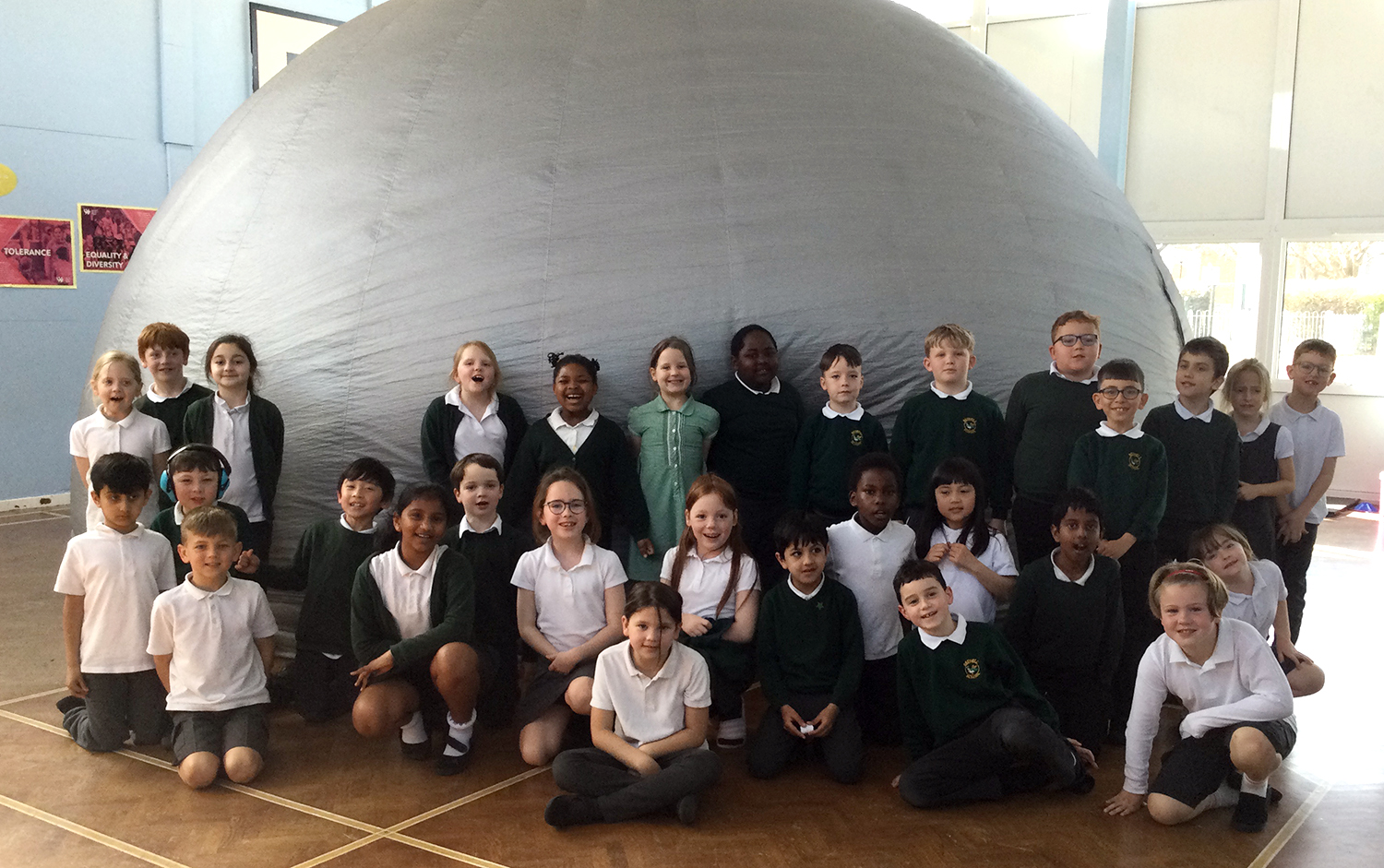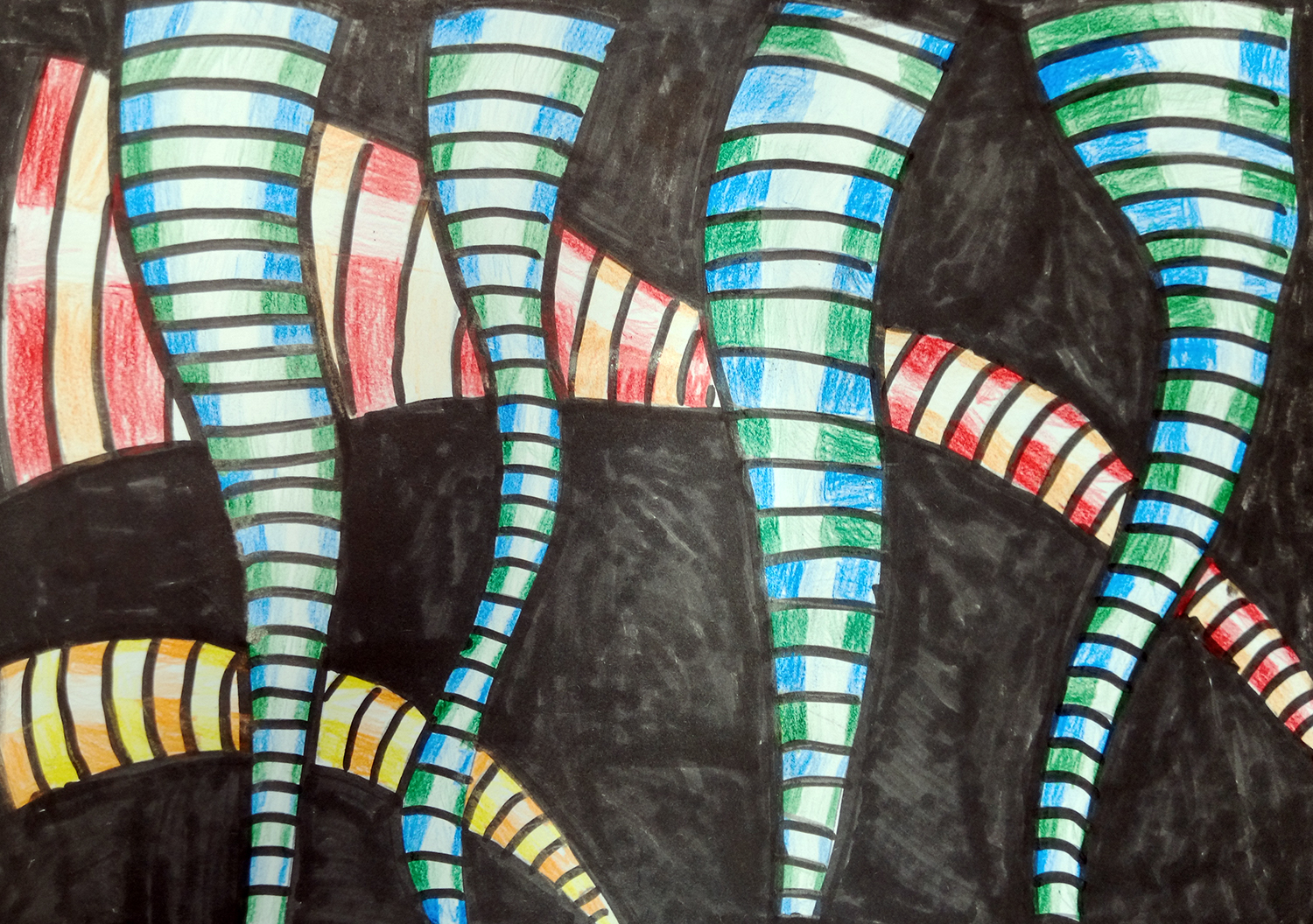This term's topics
English - We will begin the term by exploring persuasive letters and speeches, using Clean Up!, Look Up! and Speak Up! by Nathan Bryon as our core texts. We will investigate the use of paragraphs to organise ideas and rhetorical questions to engage and convince the reader, as well as exploring the difference between spoken and written arguments. We will complete the unit by writing our own persuasive letters. Later in the term we will be shifting our focus to instructions, building our work around Wolf in the Snow by Matthew Cordell. We will revise the way in which instructions are organised and develop our ability to edit and improve our writing, and will then use these skills to write instructions for a journey.
Maths - Our main focus at the start of term will be on multiplication and division strategies. We will start by revising strategies to x and ÷ by 10, 100 and 1000, and will then learn to use formal written methods to multiply and divide 2-digit numbers by 1-digit numbers (solving calculations like 34 x 4 or 84 ÷ 6). Later in the term we will be exploring statistics, interpreting information shown in bar charts and line graphs. Throughout the term, we will also continue to practice our tables facts, with those of us in Year 3 aiming to complete our Star (x2, x5 and x10 tables) and Superstar (x3, x4 and x6 tables) by the time we start Year 4, while those of us in Year 4 get ready for our tables check in June.
Science - We will be investigating the way that living things can be grouped –in particular by what they eat, by where they live and by their family (fish, reptiles, mammals etc.) We will use classification keys to sort and identify living things in the world around us and food chains to show how predators and prey are linked. We will also be thinking about the effect that humans have on our environment.
Humanities - Our focus for the next term will be the Anglo- Saxons. We will begin by placing them on a timeline, relating them to other periods and civilisations that we have already learnt about, before investigating their origins, including where they came from and why they invaded Britain in the 5th and 6th centuries. We will identify the areas where they settled and discover the effect that they had on the lands that they moved to, particularly spreading Christianity and the first creation of an English nation. Finally we will discover what life was like for these warrior farmers, including investigating how they lived, what they ate and what it was like for young Anglo-Saxon children.
Take a look at our curriculum map for more information on our topics.
